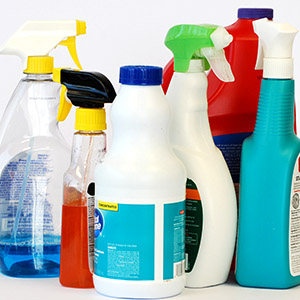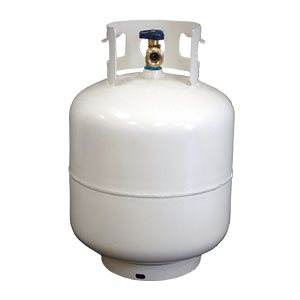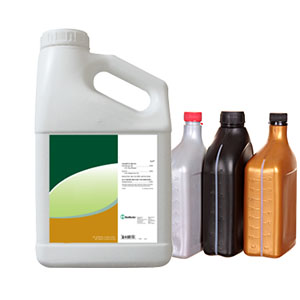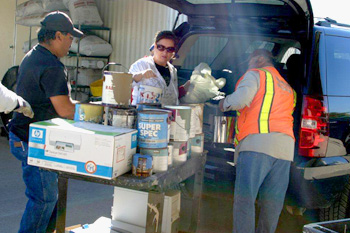Some household products are classified as "Household Hazardous Waste" (HHW) because they contain various chemicals that, when combined with others can cause dangerous reactions and can produce extreme heat or toxic gasses. This is why it is important to properly dispose of these chemicals when you no longer need them. Any item that has labels with "warning," "danger," "corrosive," "irritant," "toxic," "caution," or "flammable" is typically considered HHW. When transporting or storing these types of materials, be sure to keep them upright and make sure your chemicals stay in their original containers with labels that are intact. When you store HHWs, make sure it is in a cool, dry place, out of reach of children and pets, and that no containers are leaking. HHWs need to be taken to a household hazardous collection facility for proper disposal to avoid negative environmental impacts. These items can include:

Corrosive cleaners should only go down the drain in small amounts, with plenty of water. Any extra should be taken to a HHW facility. If incorrectly mixed, they can produce toxic gases or extreme heat.

When alkaline batteries get damaged, there is a risk of potassium hydroxide leaking. This could lead to severe chemical burns when it comes into contact with your skin or eyes. Also, batteries regularly cause fires in recycling trucks and facilities. Recycle these at a drop-off location near you.

Propane tanks may still have a small bit of gas in them, making them a flammable risk. Tanks may explode in the trash or recycling truck when exposed to high levels of heat and pressure.

Oil or latex paint, paint thinners, lacquers, wood stains, and other type products should not be put in the trash in liquid form. If you have extra paint that you are not going to use, bring it to a facility that can recycle HHW's or leave the can open to let the paint fully dry and harden before putting it in the trash.

Due to the chemicals that are in these materials, they must be given to facilities to properly recycle them. If incorrectly mixed, they can produce toxic gases or extreme heat.

Pool chemicals are some of the most dangerous HHW's, they contain corrosives or oxidizers to kill the bacteria in the pool. These chemicals can react and combust when mixed incorrectly. Pool chemicals should be used or disposed of after a year of purchasing. Buy only what you need as these chemicals break down and can give off dangerous gases if left in storage too long.

Mercury thermometers contain liquid mercury, which is a hazardous material. When mercury thermometers break, the exposed mercury is poisonous and needs to be disposed of properly!

When you recycle light bulbs, you prevent the release of several hazardous materials into the environment, such as mercury (in fluorescent light bulbs), nickel, lead, trace amounts of arsenic (in LED's), krypton-85 and thorium (in some HID bulbs).

Motor oil should never be placed in the trash or poured down a drain. Take your used motor oil to the nearest auto parts store and they will have a large tank in the back where you can put it. This oil is then taken to be cleaned and recycled into new oil.

While antifreeze is considered non-hazardous, we classify it as an HHW due to the potential risk of ingestion by children and animals. While there is no federal EPA regulation on this item's disposal, it is still a good idea to recycle it properly to reduce pollution. Never pour antifreeze down your drain! Take it an automotive shop for recycling.
When dealing with HHW in your own homes, be sure to buy and use only what you need to get the job done so you reduce the amount of wasted product. Also, check with your local municipality to see if they have a "re-store" or "product swap" where you can drop off or take for free partial containers of paint, pesticides, fertilizer and other items.
